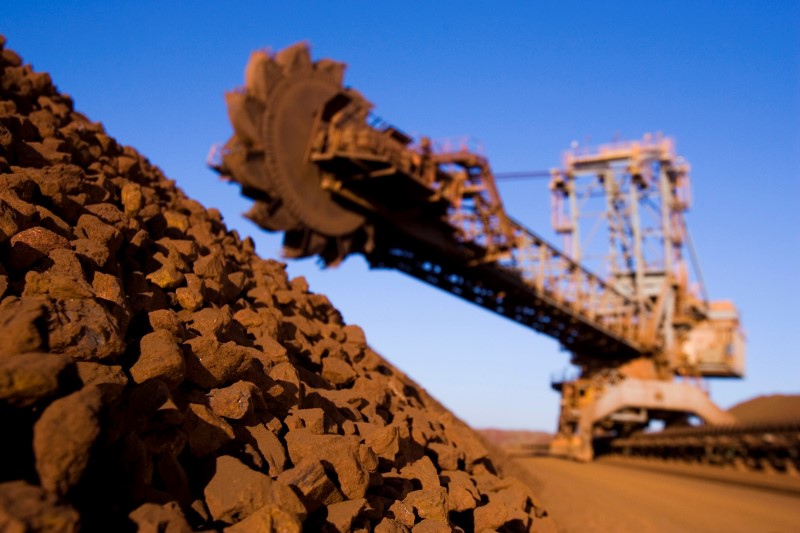By Victoria Klesty
OSLO (Reuters) – Norway’s minority government and two opposition parties have agreed to allow exploration of seabed minerals in the Arctic, they said on Tuesday, in a major step towards full ocean mining.
The deal comes as Norway hopes to become the first country to allow deep-sea mining to take place on a commercial scale, securing crucial minerals and jobs, despite concerns about the environmental impact and international calls for a moratorium.
The amended version of the government proposal, which parliament will formally debate on January 4, followed by a vote, imposes stricter requirements on environmental research during the exploration phase than originally planned.
The compromise also gives parliament the final say at a later date on whether to approve full mining based on data collected from the deep-sea environment during initial exploration.
The deal was agreed between the two parties in the minority government – Labor and the Center Party – and the opposition Conservatives and the Progress Party, securing a comfortable majority.
Conservative MP Baard Ludvig Thorheim told Reuters that the environmental bar for seabed mining had been set quite high in the amended proposal.
“We believe and hope that this will become the international standard for this activity,” he said. “At the same time, it is important that it is a framework that is predictable for commercial players, which we rely on for these activities.”
He said the parties had vigorously debated how to balance the need for environmental requirements with the commercial viability of companies wanting to take up marine mining.
Remove ads
.
“If the requirements are too high and too complicated, there will be no interest, but at the same time it is also in the interest of these companies to participate in an activity that has a good reputation and adheres to sustainability requirements .” he said.
Seabed mining startup Loke Marine Minerals, which is backed by investors such as an oil services company Technology (EPA:) FMC (NYSE:) and Norwegian maritime group Wilhelmsen welcomed the decision.
“Great day, not only for Norway, but for the world,” Loke CEO Walter Sognenes Norway told Reuters. “We need an evidence-based assessment of deep-sea minerals as a supplier of critical minerals for the green energy transition.”
However, environmental group WWF said the decision to move forward damaged Norway’s reputation for ocean conservation, but added that it hoped parliament would ultimately block any move towards large-scale mining.


